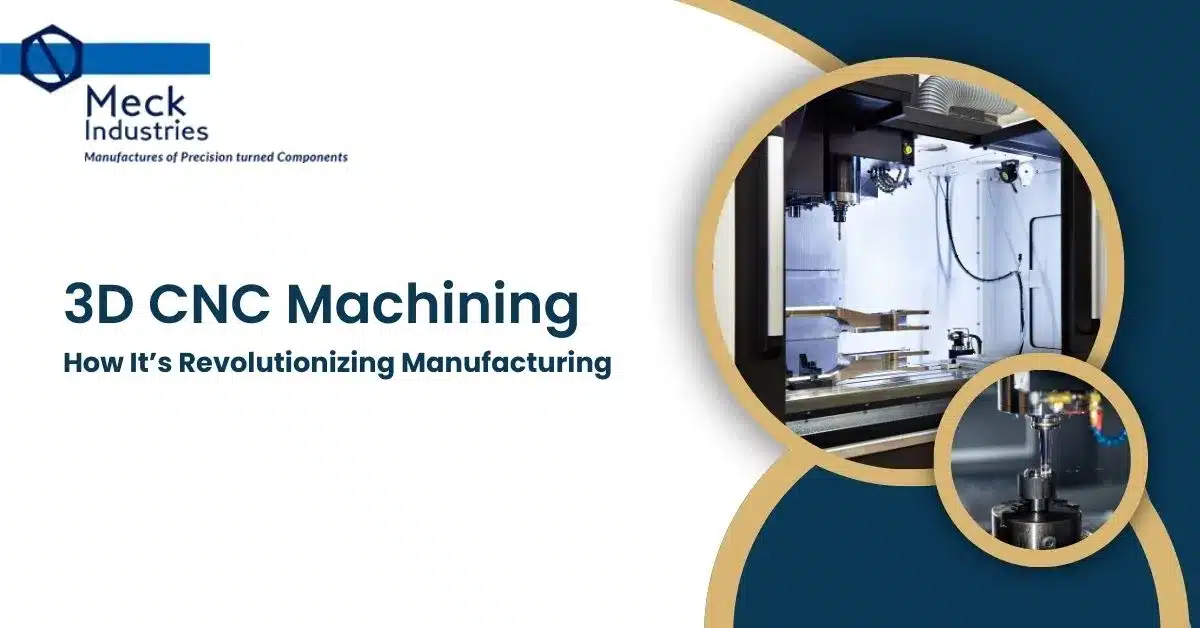
Rivets are essential fasteners used to join two or more materials together permanently and securely. They are widely used in various industries, including Construction, Automotive, Aerospace, and Manufacturing, due to their Strength and Reliability.
Understanding Rivets
A Rivet is a mechanical fastener consisting of a smooth cylindrical shaft with a head on one end. The rivet is inserted into a pre-drilled hole, and the tail end is then deformed, usually with a rivet gun or hammer, to create a second head, thus holding the materials together.
How Rivets Work
The working principle of a rivet is straightforward yet effective. When the rivet is placed in the hole and the tail is deformed, it expands to fill the hole, creating a tight and permanent bond between the materials. This process, known as riveting, ensures that the joined materials are held firmly in place, and capable of withstanding various stresses and strains.
Types of Rivets
Solid Rivets: Commonly used in structural applications, solid rivets are known for their high strength.
Blind Rivets: Ideal for situations where only one side of the joint is accessible, such as in aircraft construction.
Tubular Rivets: These rivets have a hollow shaft and are used in light-duty applications like electronics and appliances.
Applications of Rivets
Rivets are used in a multitude of applications due to their versatility and reliability:
Construction: For joining steel beams and other structural elements.
Automotive: In the assembly of vehicle components.
Aerospace: In aircraft skin and structural assembly.
Manufacturing: For creating durable consumer products and machinery.
Frequently Asked Questions
What Materials Can Rivets Join?
Rivets can join a wide range of materials, including metals, plastics, and wood, depending on the type of rivet used.
Why are Blind Rivets Used in Inaccessible Areas?
Blind Rivets can be installed from one side of the joint, making them ideal for applications where the back side of the joint is not accessible.
How do I Choose the Right Rivet for My Project?
Consider the Materials to be Joined, the Required Strength, and the Accessibility of the Joint when Choosing a Rivet.
Conclusion
Rivets are indispensable in modern engineering and manufacturing, providing a reliable and permanent solution for joining materials. At Meck Industries, we pride ourselves on offering High-Quality Precision-Turned Components, including a wide range of Rivets to meet diverse industrial needs. Trust us for your fastening solutions and experience the benefits of superior craftsmanship and reliability.



